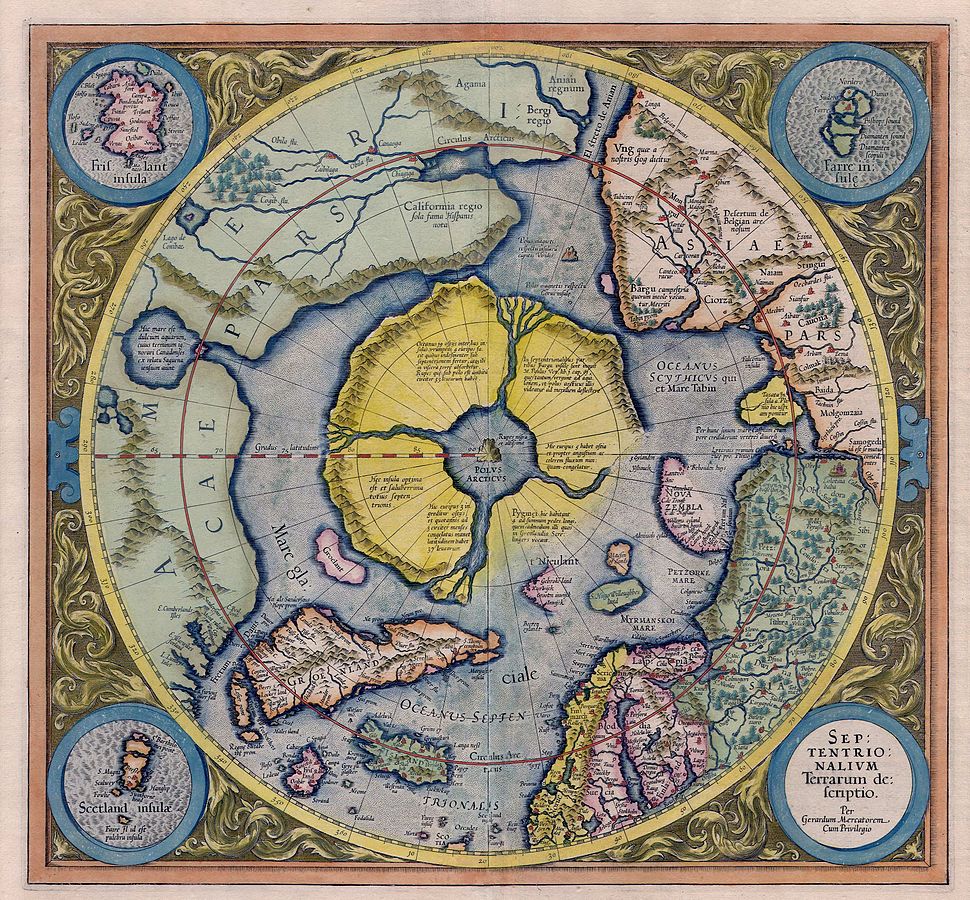Global Imagining in Early Modern Europe
with Ayesha Ramachandran
hosted by Chris Gratien
Podcast Feed | iTunes | Hipcast | Soundcloud
We often speak of physical and abstract worlds as if they were self-evident. But the concept of "the world" has been forged and continually remade through imagination and debate. In this podcast, Ayesha Ramachandran discusses the historical context of the world's ascendance as a meaningful concept and offers a preview of her new book entitled Worldmakers: Global Imagining in Early Modern Europe.
Stream via Soundcloud (US / preferred)
Stream via Hipcast (Turkey / Türkiye)
PARTICIPANT BIOS
 |
Ayesha Ramachandran is Assistant Professor of Comparative Literature at Yale University, where she focuses on the literature and culture of the sixteenth and seventeenth centuries, primarily on Europe’s relations with an expanding world. She previously taught at Stony Brook University and is a former Junior Fellow of the Harvard Society of Fellows.
|
 |
Chris Gratien holds a Ph.D. from Georgetown University's Department of History. His research focuses on the social and environmental history of the Ottoman Empire and the modern Middle East. He is currently preparing a monograph about the environmental history of the Cilicia region from the 1850s until the 1950s.
|
CREDITS
Episode No. 223
Release Date: 30 January 2016
Recording Location: Yale University
Editing and production by Chris Gratien
Sound excerpts from Lâmekân Ensemble - Karcığar Köçekçeler; Baglamamin Dugumu - Necmiye Ararat and Muzaffer
Image via Wikipedia
Reading list courtesy of Ayesha Ramachandran
IMAGES
 |
| Mercator: Septentrionalium Terrarum descriptio. A map of the North Pole (wikipedia) |
| Ramachandran, Ayesha. The Worldmakers: Global Imagining in Early Modern Europe. (Chicago University Press, 2015). |
courtesy of Ayesha Ramachandran
Denis Cosgrove, Apollo’s Eye: A Cartographic Genealogy of The Earth in the Western Imagination (Baltimore: Johns Hopkins University Press, 2001).
Really anything that Cosgrove writes is worth reading for its nuanced thinking about geographical matters of various kinds. See also especially: Geography and Vision Seeing, Imagining and Representing the World, v. 12 (London : Palgrave Macmillan, 2008); “Globalism and Tolerance in Early Modern Geography,” Annals of the Association of American Geographers 93, no. 4 (2003): 852–70; and Geographical Imagination and the Authority of Images: Hettner-Lecture with Denis Cosgrove (Franz Steiner Verlag, 2006).Roland Greene, Five Words: Critical Semantics in the Age of Shakespeare and Cervantes (Chicago: University of Chicago Press, 2013).
An argument and approach for the use of “critical semantics” — includes a chapter on the keyword “world.” But the method and other keyword case studies are also useful for early modernists more generally.Sanjay Subrahmanyam, Explorations in Connected History: From the Tagus to the Ganges (Oxford: Oxford University Press, 2005).
Subrahmanyan’s work on “connected histories” has been very influential and is wide-ranging. See also essays such as: “On World Historians in the Sixteenth Century,” Representations 91 (2005): 26–57, and “Par-delà l’incommensurabilité: pour une histoire connectée des empires aux temps modernes,” Revue d’histoire moderne et contemporaine 54, no. 4bis (2007): 34–53.Serge Gruzinski, Les quatre parties du monde: histoire d’une mondialisation (Paris: La Martinière, 2004).
Gruzinski’s important work on the Americas is very useful for thinking in global and transnational terms.Mary Baine Campbell, Wonder and Science : Imagining Worlds in Early Modern Europe (Ithaca: Cornell University Press, 1999).
An older book, but beautiful written and still insightful and provocative for its method, its thinking and its interdisciplinary.Michael Devitt, “Worldmaking Made Hard,” Croatian Journal of Philosophy 6, no. 1 (2006): 3–25.
A useful overview and critique of philosophical worldmaking from a realist perspective. The classic work is Nelson Goodman’s Ways of Worldmaking. Also very worth reading, and particularly generative for my thinking in philosophical/theoretical terms has been the work of Ernst Cassirer (see the classic Individual and the Cosmos in Renaissance Philosophy, but also the fuller Essay on Man) and Ian Hacking (see especially Representing and Intervening, and The Social Construction of What?)Leo Spitzer, Classical and Christian Ideas of World Harmony; Prolegomena to an Interpretation of the Word “Stimmung” (Baltimore: Johns Hopkins Press, 1963).
A classic and an important consideration of intellectual-historical method. See also the work of Pierre Duhem (for instance, the compendium, Medieval Cosmology: Theories of Infinity, Place, Time, Void, and the Plurality of Worlds, ed. and trans. Roger Ariew (Chicago: University of Chicago Press, 1985).For some provocative recent work on modernity and enchantment, see Jane Bennett, The Enchantment of Modern Life: Attachments, Crossings and Ethics (Princeton: Princeton University Press, 2001), and David L. Martin, Curious Visions of Modernity Enchantment, Magic, and the Sacred (Cambridge, Mass: MIT Press, 2011)










Comments
Post a Comment
Due to an overwhelming amount of spam, we no longer read comments submitted to the blog.